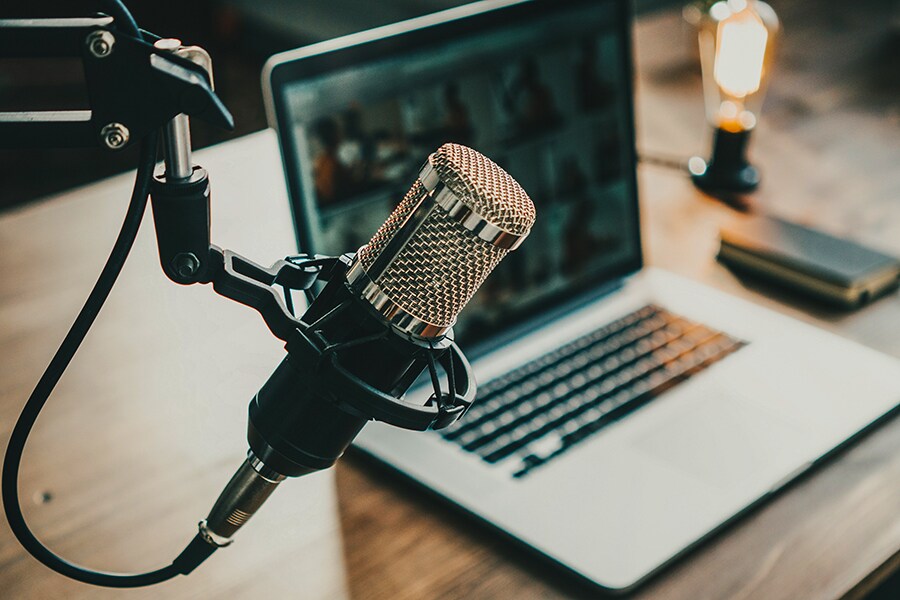
Despite podcasts' popularity, the industry is still looking for its economic model
Platforms such as Spotify and Apple offer monetization solutions for creators of audio programs, but with varying degrees of success. We take a closer look
 Podcast makers are trying to capitalize on the popularity of the format by offering paid subscription packages for such audio content
Podcast makers are trying to capitalize on the popularity of the format by offering paid subscription packages for such audio content
Image: Alex from the Rock/ Shutterstock
You can't have missed the fact that podcasts are a hot commodity. Recent statistics suggest that there are 120 million "podcast listeners" in the US, a number that has increased by nearly 30% over the last three years and which is projected to reach 160 million by 2023. The pandemic has a lot to do with it. In pre-pandemic times, people used to listen to podcasts to entertain themselves in the car or on public transport. Now they've made their way into our homes along with smart speakers, and it's not uncommon to dive into one of these pocket-sized audio formats while cooking, gardening or even before bed.
One recent move in the podcast business in an attempt to capitalize on this trend is the offer of paid subscription packages that benefit the creators of such audio content. Spotify in the lead. For several years now, the music streaming giant has been investing in the different aspects of the podcast industry. So much so that Hot Pod, a newsletter specializing in the podcast world, says that Daniel Ek's company "no longer a music company but one committed to podcasting."
Spotify vs Apple
Last November, Spotify announced a new feature that allows podcast creators to charge for some of their programs. It has been rolled out in the US and in over 30 countries around the world. All publishers can use it, regardless of the audience level of their audio program. They can put together their own paid subscription offer, which starts at $0.49 per month and goes to $150. Subscribing listeners can find exclusive programs or listen to their favorite podcasts in preview mode and without commercial breaks.







